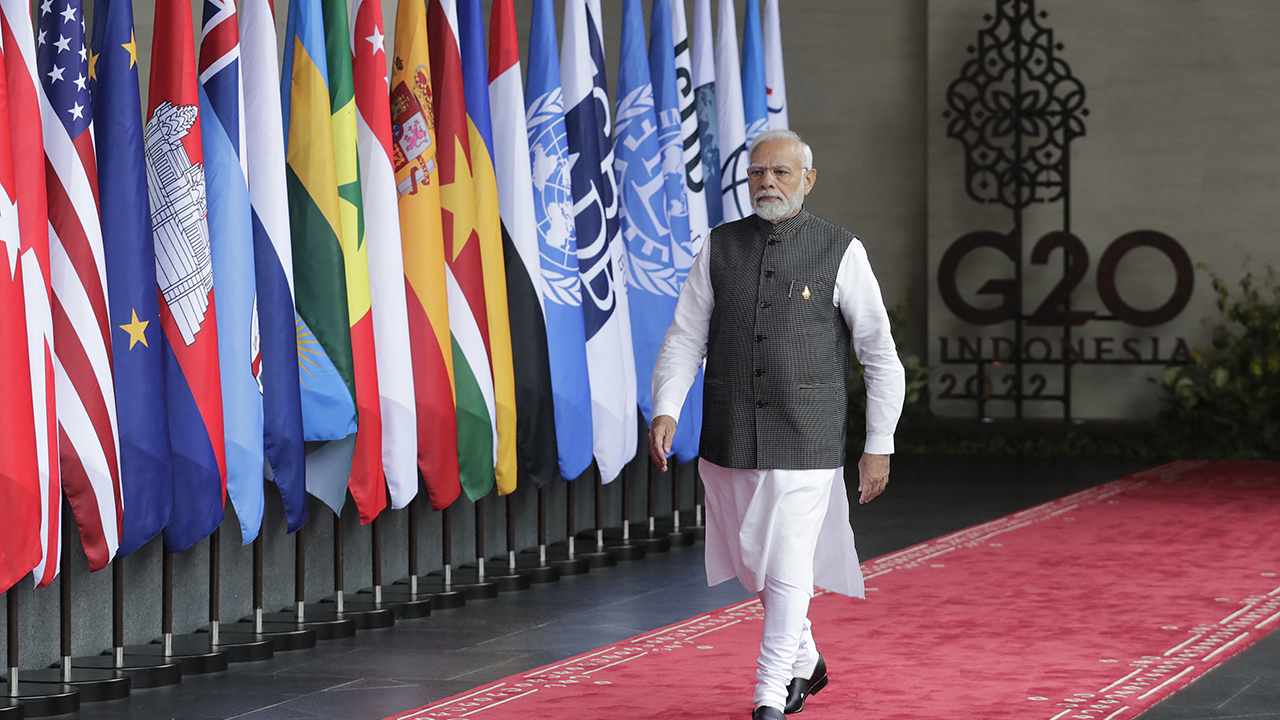
Foreign policy scholars and American public agree that U.S. standing abroad is important
Only 5% and 13% of scholars and the American public, respectively, say respect for the U.S. abroad is not too or not at all important.
Only 5% and 13% of scholars and the American public, respectively, say respect for the U.S. abroad is not too or not at all important.
Jewish Americans – much like the U.S. public overall – hold widely differing views on Israel and its political leadership.
Putting minimum wage policy in the hands of lawmakers is one of several ways in which the U.S. approach stands apart from other countries.
Around two-thirds of adults in Germany, France and the UK say it is important for their national government to make voting compulsory.
Large ideological divides persist on views of tradition, national pride and discrimination, especially in the U.S.
Across 11 questions on cultural subjects, the gap between the left and right in the U.S. is wider than in the European countries surveyed.
Americans’ views on foreign policy priorities differ based on a number of factors, including their attitudes toward international engagement.
Here are five key findings about people’s attitudes toward systemic reforms in the U.S., France, Germany and the UK.
Most would welcome government-sponsored job training and other interventions.
As Americans eye the Asia-Pacific region, they see a mix of friends and some foes, according to a new survey conducted Feb. 1-7, 2021.
Across 12 countries, a median of 40% of adults say they have no confidence in Indian Prime Minister Narendra Modi to do the right thing regarding world affairs. About eight-in-ten Indians have a favorable view of Modi.
Majorities in most countries say China does not take into account the interests of other countries in its foreign policy, and China does not contribute to global peace and stability.
Across 24 countries, large shares have an unfavorable view of Russia and no confidence in Putin to do the right thing regarding world affairs.
Overwhelmingly, people believe the U.S. interferes in the affairs of other countries, but most also believe the U.S. contributes to peace and stability around the world. U.S. President Joe Biden receives mostly positive reviews.












